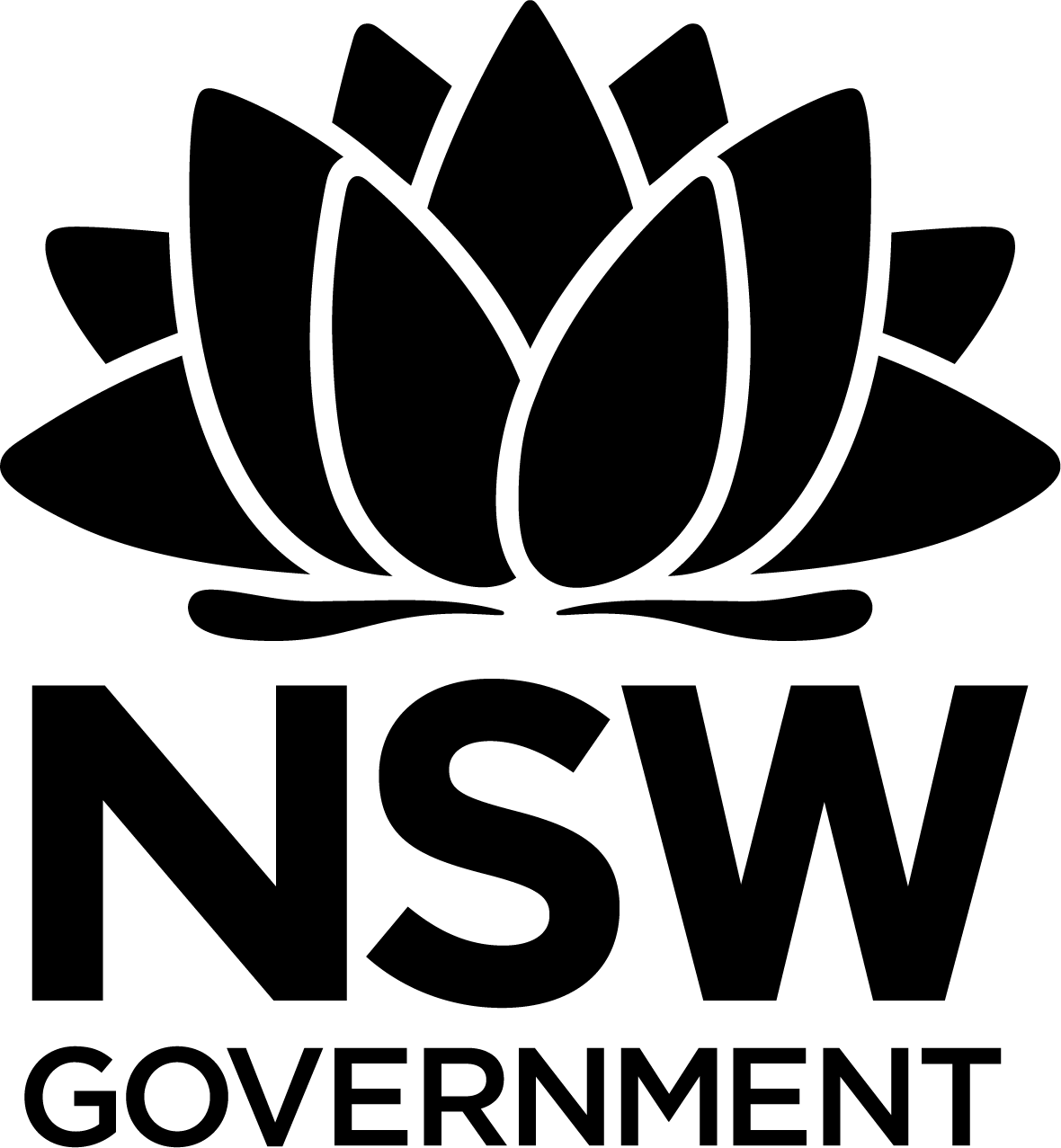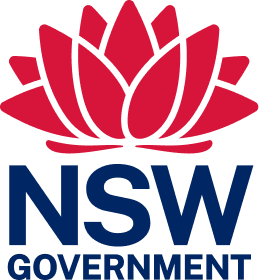
Crown land manager resource
General administration for commons
A commons trust is responsible for the care, control and management of the common in the interests of the commoners. Everything the commons trust does should therefore take place, and be recorded, in an open and accountable manner to ensure confidence in its operation is maintained.
Principal place of administration
Each commons trust must decide on an address that will be its principal place of administration. That address, and any change of that address, must be notified to the department.
The principal place of administration must be within the land district where the common is located, unless the minister approves an address outside the land district.
Records to be kept
A commons trust must keep the following records:
- the roll in which the names and addresses of the commoners are recorded (commoners’ roll)
- a livestock register that contains details of the livestock pastured on the common (including the type of livestock, brands or markings, and the name and address of the owner), date placed on the common and date removed
- minutes of all meetings
- receipts for all money received
- documentation of all expenditure
- cash payments book
- bank deposit book
- plant and asset register
- register of declarations of financial interests.
In addition, the commons trust should keep records of all income or fees received.
A commons trust that employs staff must keep adequate records of wages, annual leave, sick leave and long-service leave, and proof of workers compensation payments.
The commons trust’s records must be kept at the principal place of administration. All commoners are able to inspect the records of the common without charge.
Fees for use of the common
At the annual general meeting, the commoners can agree upon the fees each commoner must pay to the commons trust for their use of the common.
The model by-law in the Commons Management Regulation 2018 (the CM Regulation) provides that these fees be paid quarterly in advance on the first day of January, April, July and October of each year. Alternative arrangements for payment of fees can be decided on by the commons trust via adoption in additional by-laws for the common.
Fees should be set at a reasonable rate, taking into account the average rate charged by private landowners for grazing agistment in the local land district. In setting fee levels, commons trusts should ensure that funds will be available not only for anticipated routine expenses, but also for unforeseen repairs, maintenance or replacements and improvements.
Schedule 2 to the CM Regulation sets prescribed fees that may be charged to carriers, teamsters, travellers and drovers for pasturing animals for limited periods.
Commons trust board meetings
While meetings of the commoners and of the commons trust board do not need to be excessively formal, observing basic meeting procedures and appropriate record-keeping will assist in maintaining the commoners’ confidence in the operation of the commons trust.
Frequency of ordinary meetings
The commons trust board must meet at least six times a year.
Time and place of meetings
The commons trust board can determine where it meets and the time of meetings.
Special meetings
A special commons trust board meeting can be called at any time by the secretary or any other member of the commons trust board.
Notice of the special meeting, the time and place at which it will be held and details of the business to be discussed must be sent to each commons trust board member at least 24 hours before the meeting.
Only the business specified in the notice of meeting can be dealt with at a special meeting.
Quorum
A meeting of the commons trust board can only take place if there is a quorum. The quorum is one more than half the number of members (ignoring fractions). For example, for a commons trust board with seven members, the quorum is four. For a commons trust board with six members, the quorum is also four.
Notice of commons trust board meetings and agenda (ordinary meetings)
Notice of each meeting and an agenda must be circulated to the commons trust board members at least three days before each meeting.
Refer to the meeting agenda template.
Conduct of meetings
The president is responsible for the orderly conduct of a meeting. If the president is not present, the members present at the meeting must elect someone to preside at the meeting.
The meeting should keep to the agenda and members should be encouraged to take part in the discussion of matters under consideration without interruption from other members.
Voting
Where an issue requires action, or a contract or agreement is to be entered into, the matter must be agreed upon by a resolution of the commons trust board.
All members, including the person chairing the meeting, have one vote on resolutions. A resolution is approved if a majority of the votes cast are in favour of it. If the votes are tied, the person chairing the meeting has a second ‘casting’ vote.
A member cannot vote on a matter in which they have an interest unless the commons trust board has resolved that they can do so.
Recording resolutions
All resolutions passed at commons trust board meetings must be recorded in writing and have the common seal of the commons trust affixed to them.
Minutes
The minutes of commons trust board meetings are recorded by the secretary. The minutes should indicate which commons trust board members are responsible for following up any action agreed at the meeting.
The secretary should arrange for copies of the minutes to be forwarded to all commons trust board members as soon as possible after each meeting, to allow action to be taken before the next meeting.
Refer to the meeting minutes template.
Reports presented at meetings
At all meetings, the secretary provides a report of follow-up action and correspondence sent and received.
The treasurer provides a report which explains monthly results for key items included in the annual report and financial statement (see the templates section) [link to templates- 6.4].
The ranger provides a report, in writing if the ranger is not a board member, on the stock management and common usage issues.
Subcommittees
The commons trust board might find it helpful to establish subcommittees to deal with management, finance, planning or maintenance.
The role of such subcommittees is to make recommendations and provide advice to the commons trust board, but not to make decisions.
While the make-up of these committees is at the commons trust board’s discretion, the level of expertise required for the tasks envisaged is an important factor that should be considered when selecting members.
The commons trust board should define the terms of reference for any committees. Meetings of committees are conducted in the same way as meetings of the commons trust board.
The treasurer should be a member of any finance subcommittee, particularly committees involved in preparing budget estimates.
The annual general meeting of the commoners
Each commons trust must have an annual general meeting.
An annual statement of accounts, setting out the financial position of the commons trust, must be presented at the annual general meeting. This includes:
- an income and expenditure statement
- a balance sheet showing the assets and liabilities of the commons trust
- details of any mortgages granted by the commons trust.
An auditor’s report must be included with the accounts.
The annual general meeting must also consider the following business:
- confirm the minutes of the previous annual general meeting
- receive the annual report of the commons trust’s activities
- receive and consider the annual accounts
- confirm the continued appointment of the commons trust’s auditor or appoint a new auditor.
Election of the commons trust board and office-bearers
Every three years, elections are held at the annual general meeting to elect the:
- commoners who are to be the members of the commons trust board
- president and other office-bearers from among the commoners just elected to the commons trust board.
Nominations
To be eligible for election to the commons trust board, a person must have been enrolled on the commoners’ roll for at least six months before the meeting at which the election is held. This applies whether the election is the three-yearly election of the whole commons trust board or an election to fill a casual vacancy.
However, if the commoners’ roll for the commons trust has been established for less than six months at the time of the election, the commoners being nominated must have been enrolled for the whole of the time since the roll was established.
To nominate someone, two commoners must sign a written notice of nomination and deliver it to the commons trust board secretary at least seven days before the meeting at which the election is to be held.
Voting and results
Anyone who is enrolled as a commoner and is over 18 years of age can vote in elections for the commons trust board and its officers.
The department must be informed of the results of an election within 14 days after the election. The notice must be given by the president and should include the names and addresses of the people elected to the commons trust board and the offices held by any office-bearers elected.
Special general meetings of the commoners
A special meeting of the commoners can be called by the commons trust at any time.
In addition, a special meeting must be called if:
- a written request for a special meeting is signed by at least 20% of the members recorded on the commoners’ roll and delivered to the president or secretary. The request must state the purpose of the meeting
- the minister directs the commons trust to hold a special meeting for a specified purpose
- the common was created before 1 September 1991 and there is a proposal to adopt a management plan that would change or add to the purposes for which the common can be used
The special meeting must be held within one month. If the commons trust board does not convene the meeting within that time, any of the commoners can convene the meeting themselves, provided that meeting is held within a further one month time period.
Meetings of the commoners – general requirements
The commoners and the auditor of the commons trust must be given at least 14 days’ notice of annual general meetings and other general meetings.
The notice of meeting must be posted to each commoner and the auditor of the commons trust and include details of:
- the place, date and time of the meeting
- the business to be considered at the meeting.
Only the business specified in the notice of meeting can be dealt with at the meeting.
If the meeting is an annual general meeting, copies of the annual report to the minister and the statements of accounts to be submitted at the meeting must also be sent with the notice of meeting.
Minutes of the general meeting of the commoners must be confirmed at the next annual general meeting.
A commoner can request copies of the minutes of meetings of the commoners and the commons trust board. The commons trust can charge a fee for supplying copies of the minutes (see Schedule 2 of the CM Regulation).
Conducting business
All actions taken by the commons trust must be authorised by resolution of the commons trust board.
In particular, all contracts and other agreements must be authorised by resolution and must be made in the corporate name of the commons trust.
Insurances
The department requires that each commons trust maintain appropriate insurance of its assets and property for public liability and, where appropriate, for motor vehicle and workers compensation. Refer to Risk management and Insurance for relevant information.
The public liability, volunteers and property insurances arranged by the department through the Treasury Managed Fund for Crown land managers also cover commons trusts incorporated under the Commons Management Act 1989 (the CM Act), commons trust board members, commons trust employees and volunteers in the same way, and subject to the same exclusions, exceptions and requirements as for reserve trusts.
Not that a commons trust is not covered by any insurance arranged by the department if it is managed by a local authority (local council). These commons trusts must obtain all their own necessary insurance.
Similarly, insurance cover is not provided for all commons trusts in respect of such things as high-risk and commercial activities. Commons trusts should review all types of risks associated with their common and ensure that they obtain additional insurance cover where appropriate for those risks.
Auditors
An appropiately qualified auditor is required to be appointed by a resolution at the annual general meeting of the commoners.
A fey function of the auditor is to prepare a report on the financial statements and related accounts for the entity. This report is required to tabled in preparation for the annual general meeting.
Other functions and details for the appointed auditor are outlined in sections 46 and 47 of the CM Act.
Common seal
A commons trust must have a ‘common seal’.
A common seal is usually a rubber stamp, which can be made by any stationery company offering this service.
The common seal must include the words “Common Seal” and show the full corporate name of the commons trust.
The common seal must be kept by the secretary or other relevant officer and must only be used following a resolution of the commons trust board to do so.
The common seal must only be put on a document when the secretary or other relevant officer is present to sign and date it.
The common seal is required for the following documents:
- resolutions of the commons trust board
- contracts of sale
- transfer or mortgages of land
- lease or licence agreements
- contracts for services
- contracts for the supply of major goods.
The common seal is not needed on bank deposit and withdrawal slips, receipts, admission tickets, insurance cover notes, documents about hiring motor vehicles, furniture or short-term services.
Regulatory requirements
- Principal place of administration: Commons Management Act 1989 – section 29
- Records to be kept: Commons Management Act 1989 – section 30
- Accounts: Commons Management Regulation 2018– clause 24
- Livestock register: Commons Management Regulation 2018 – clause 25
- Annual report to the Minister: Commons Management Act 1989 – section 37
- Meetings – time and place, frequency, AGM, notices, etc:
- Meetings – special meetings:
- Commons Management Act 1989 – section 35
- Commons Management Regulation 2018 - clause 17
- Elections:
- Auditors: Commons Management Act 1989 – sections 43 to 47
- Common seal: Commons Management Regulation 2018 – clause 23
More information
This Crown land manager web resource was printed on 27 Jul 2024. The information contained in this web resource is based on knowledge and understanding at the time of writing Jul 2024. However, because of advances in knowledge, users are reminded of the need to ensure that the information upon which they rely is up to date and to check the currency of the information by referring to the website (www.reservemanager.nsw.gov.au).
© State of New South Wales through Department of Planning, Industry & Environment 2024.
Page link: https://reservemanager.crownland.nsw.gov.au/who-we-are/commons-management/general-administration-for-commons


